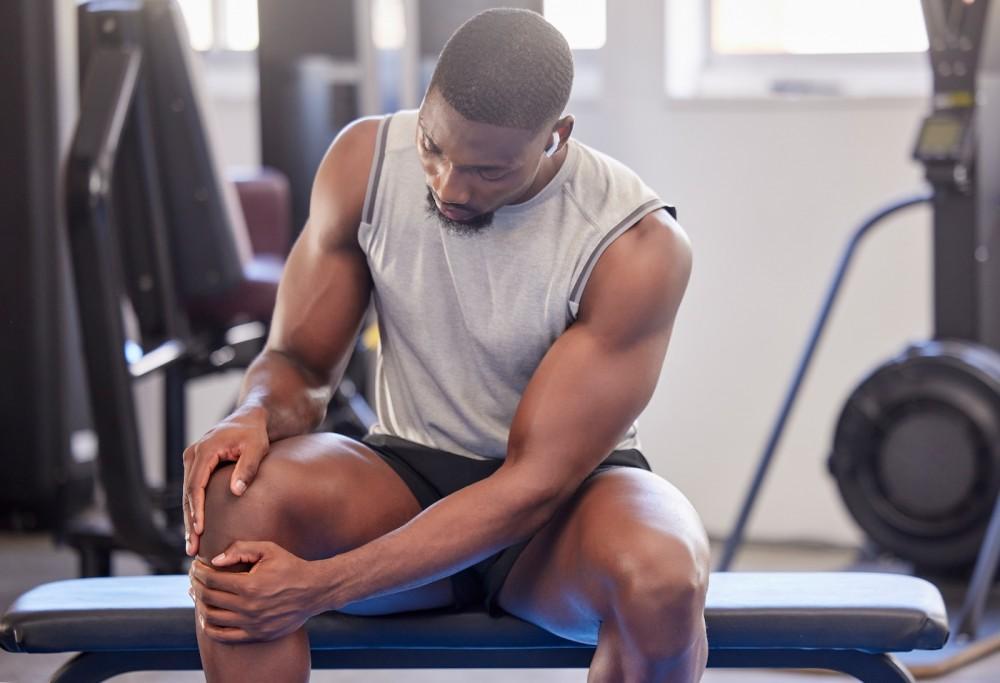Why Some Heal Faster: 5 Secrets to Speeding Up Your Recovery
For athletes and active individuals alike, few things are as frustrating as a lengthy recovery after an injury or surgery. While some seem to bounce back effortlessly, others face a longer, more challenging road. Why is that?
It’s not always a matter of good luck, age, or genetics, but about making smart choices and getting the right guidance. At Tadje Orthopaedics in Meridian, Idaho, Jared Tadje, MD, and our sports medicine specialists offer personalized strategies that aim to cut your recovery time while prioritizing strength and function.
Are you curious what you can do to get back in action faster? Read on to explore the key factors that influence how quickly you heal and what you can do to speed recovery.
1. Proper Nutrition and Hydration
Your body needs fuel for recovery just as much as it does for training and competition. Damaged tissues need protein to rebuild, along with a full spectrum of vitamins, minerals, and other essential nutrients to support the healing process.
For your healing diet, include lean sources of protein, healthy fats, a colorful variety of fruits and vegetables, and whole grains.
Drink plenty of water — staying well-hydrated helps your body manage inflammation and ensures the nutrients from your diet reach your cells efficiently.
2. The Power of Quality Sleep
While you sleep, your body actively works to repair itself. Deep sleep triggers the release of growth hormone, which is essential for rebuilding and repairing tissues after intense activity, injury, or surgery.
Sleep also plays a large role in the regulation of other hormones, immune function, and your mood — all crucial for healing. To optimize your recovery, establish a consistent sleep schedule and aim for seven to nine hours of quality sleep each night.
3. Strategic Movement
Adequate rest is important, but not moving enough can slow your recovery. Gradually easing back into exercise — through a physical therapy program, for example — helps you avoid reinjury or painful setbacks while accelerating your return to full function.
Gentle, low-impact activity improves blood flow to injured areas, delivering nutrients and flushing out waste. Regular movement also prevents stiffness and minimizes muscle loss, so you can return to the game feeling strong and ready to play.
4. Resilience and Positivity
Studies show that a positive mindset can help you recover faster and manage pain more effectively. High stress, on the other hand, can elevate hormones that hinder your body’s repair mechanisms.
To cultivate resilience and emotional wellness, focus on adapting to challenges and celebrate consistent progress. Practice mindfulness exercises, meditation, or hobbies you enjoy, and lean on your friends and loved ones for encouragement.
5. Professional Expertise and Advanced Treatments
When an injury occurs, seeking quality care is the first step to the fastest possible recovery. Our team offers advanced treatments to optimize healing and performance, such as platelet-rich plasma (PRP) therapy and orthobiologics, as well as minimally invasive surgical options.
Are you ready to achieve a faster, more complete recovery? Schedule a consultation at Tadje Orthopaedics in Meridian, Idaho, to learn what we can do for you. Call us today at 208-515-2654.

